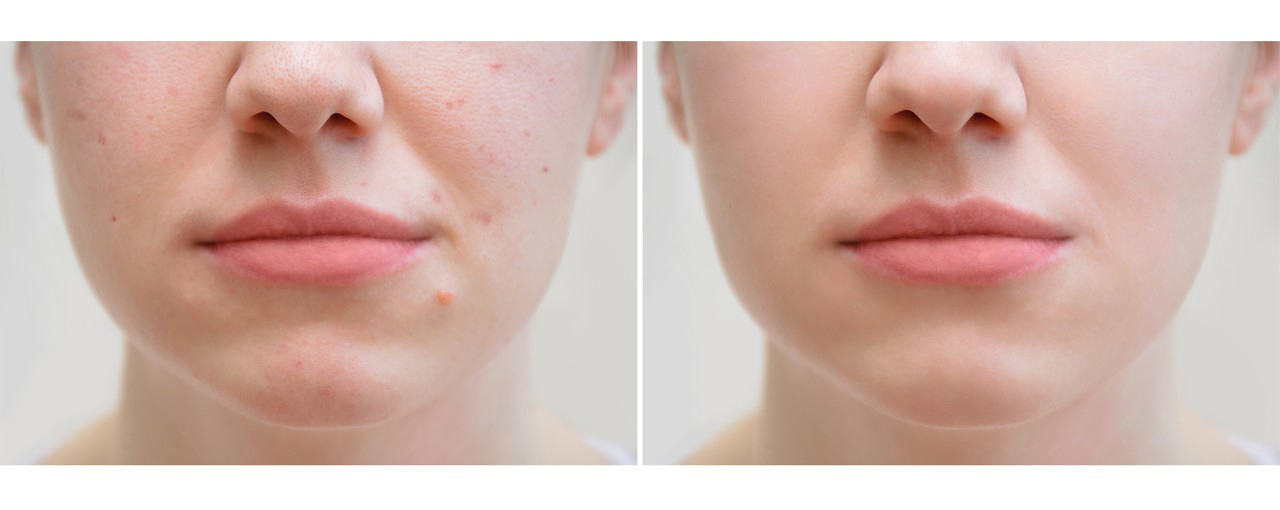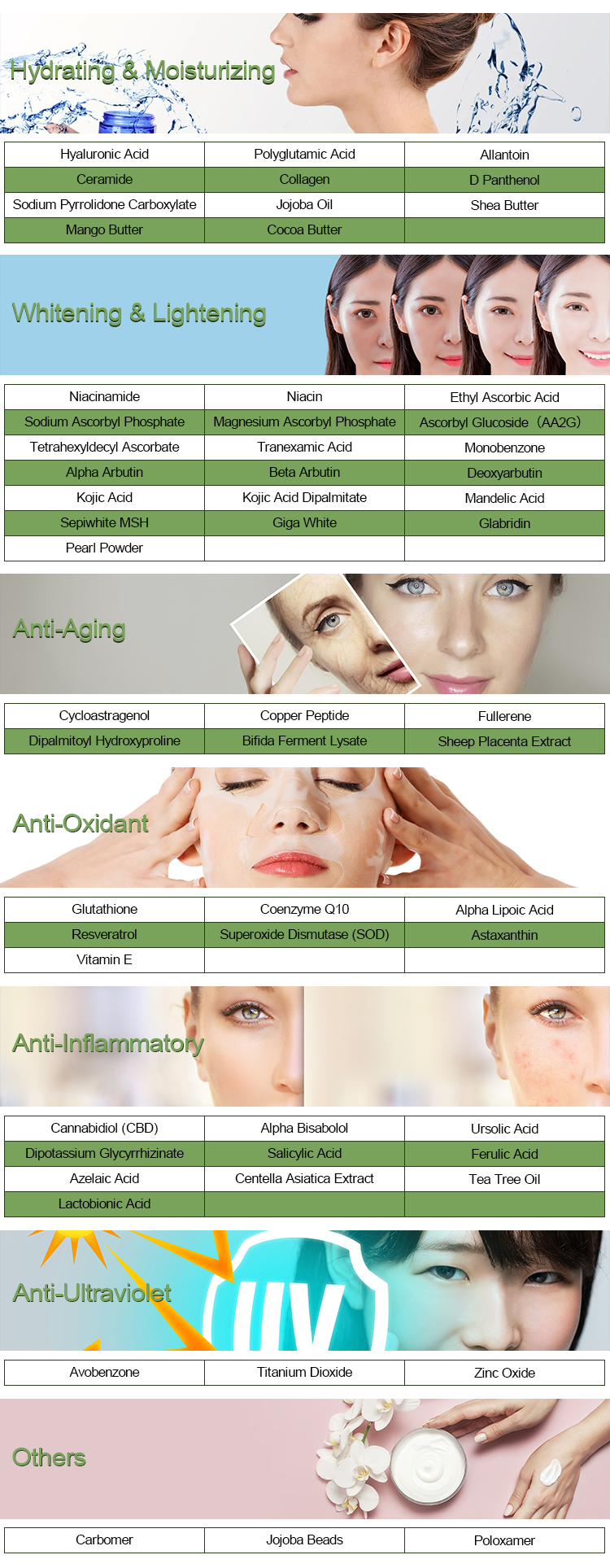Azelaic acid is a topical medication that is used to treat various skin conditions, including acne and rosacea. It is available by prescription or over the counter in some countries. Here are some key points regarding the efficacy, side effects, and special considerations of azelaic acid:
Efficacy of Azelaic Acid:
- Acne Treatment: Azelaic acid has been shown to be effective in treating mild to moderate acne. It works by reducing inflammation, unplugging blocked pores, and reducing the growth of bacteria on the skin.
- Rosacea: Azelaic acid can also be used to manage the redness and inflammation associated with rosacea. It may help to reduce the appearance of papules and pustules.
- Hyperpigmentation: Some studies suggest that azelaic acid can be effective in reducing the appearance of post-inflammatory hyperpigmentation (PIH), which can be caused by conditions like acne.
- Melasma: Azelaic acid may be used to treat melasma, a skin condition characterized by dark patches on the face. It can help to lighten these pigmented areas.

Side Effects of Azelaic Acid:
- Skin Irritation: Common side effects include mild skin irritation, such as redness, itching, or a burning sensation. This usually diminishes as your skin becomes accustomed to the medication.
- Dryness and Peeling: Some individuals may experience dryness and peeling of the skin. Using a moisturizer can help alleviate these symptoms.
- Allergic Reactions: Although rare, allergic reactions like rash, itching, and swelling can occur. If you experience severe itching or swelling, discontinue use and seek medical attention.
- Hypopigmentation or Hyperpigmentation: In some cases, azelaic acid may cause lightening (hypopigmentation) or darkening (hyperpigmentation) of the skin. This is more common in individuals with darker skin tones.
- Eye Irritation: Avoid contact with the eyes, as azelaic acid can cause eye irritation. If it gets into your eyes, rinse them thoroughly with water.
Special Considerations of Azelaic Acid:
- Sun Protection: Azelaic acid may make your skin more sensitive to the sun. It is important to use a broad-spectrum sunscreen with at least SPF 30 daily while using azelaic acid and to limit sun exposure.
- Pregnancy and Breastfeeding: The safety of azelaic acid during pregnancy and breastfeeding is not fully established. It’s generally recommended to consult with a healthcare professional before using it during these periods.
- Patch Test: If you have sensitive skin or are trying azelaic acid for the first time, consider doing a patch test on a small area of skin to check for any adverse reactions before applying it to a larger area.
- Combination Therapy: In some cases, azelaic acid may be used in combination with other acne or rosacea treatments for enhanced results.
- Consult a Dermatologist: It’s advisable to consult with a dermatologist before starting any new skincare treatment, especially if you have a skin condition or are uncertain about its suitability for your skin type.

Overall, azelaic acid can be an effective treatment for various skin conditions, but its use should be done with proper care, and any concerns or side effects should be discussed with a healthcare professional.
